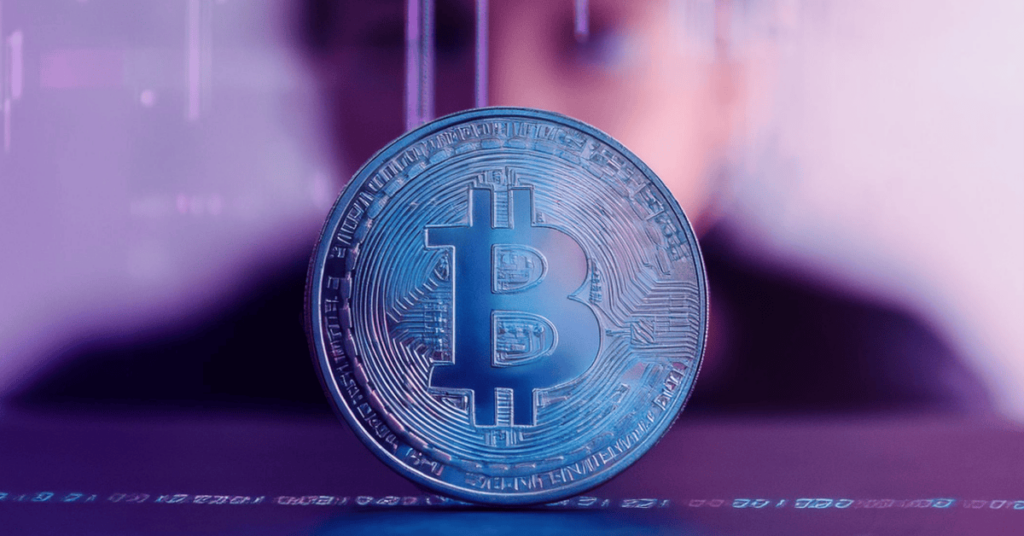
KYC (know your customer) verification for crypto exchanges typically involves users submitting personal information, like their name, date of birth, address, and a selfie or video. Identity verification is increasingly critical for crypto, especially as countries implement new regulations to combat money laundering. Here at Onfido, we’ve put together this guide to crypto KYC to answer your frequently asked questions about KYC in the crypto industry.
Do crypto exchanges require KYC?
Yes — and oftentimes, they are required to by law. KYC is a regulatory requirement in many countries as a way to combat money laundering and other financial crimes. It’s important to note that specific KYC requirements vary depending on the crypto exchange and the regulations they are subject to. Some exchanges may even choose to follow a higher level of KYC verification than is required to give users the safest and most secure environment possible. Crypto exchanges that don't require KYC have a much higher risk of experiencing fraud — and chances are, an exchange without KYC is not compliant with their regional regulations.
Which crypto exchanges are regulated in the USA?
Essentially, U.S. crypto exchanges must verify user identities using KYC before allowing them to onboard and perform transactions. Exchanges are also required to perform a risk assessment to determine their vulnerability to money laundering, and then develop an anti-money laundering (AML) process. Additionally, these exchanges must have protocols for recordkeeping, reporting, and submitting suspicious activities.
Interestingly, U.S. citizens are only allowed to trade on exchanges that are based in the United States or meet U.S. regulations. Due to this fact, some of the larger exchanges have created U.S. specific platforms. Other global exchanges make sure their exchange meets these regulations in order to tap into the American market or simply ban U.S. citizens altogether.
A few examples of regulated crypto exchanges in the United States are:
- Coinbase — one of the most well-known and widely used crypto exchanges and is licensed in 43 states as well as the District of Columbia and Puerto Rico.
- Binance.US — the U.S. subsidiary of Binance, one of the world’s largest crypto exchanges. However, Binance.US is not available in Hawaii, New York, Texas, or Vermont.
- Gemini — one of the few crypto exchanges that is legal in all 50 states, D.C., and Puerto Rico.
Which crypto exchanges are regulated in the UK?
As mentioned above, crypto exchanges are subject to different KYC requirements depending on where they operate. Some countries have less stringent requirements while others, like the United States, have many restrictions. In the UK, crypto exchanges are regulated by the Financial Conduct Authority (FCA) and, if they provide exchange or custodian services (i.e. wallets), they must have comprehensive KYC/AML procedures in place.
A few examples of regulated crypto exchanges in the UK are:
- Luno — a UK-based cryptocurrency exchange and wallet provider that follows FCA regulations.
- Coinbase — a familiar name from the list above, is also able to operate in the UK as it has an e-money license from the FCA.
- eToro — a popular social trading platform that includes crypto and is compliant with FCA requirements.
What are the pros and cons of KYC in crypto?
The main advantages of KYC in crypto are a reduction in financial crimes and increased security for users. Conversely, the primary disadvantages are the potential loss of privacy and the centralization of user data. Despite potential downsides, using KYC has enhanced security and trust for crypto users, legitimizing the crypto industry. KYC also reduces the likelihood of illicit activities and helps combat money laundering and terrorism funding.
Which crypto exchanges use KYC for cryptocurrency?
Globally, there are many crypto exchanges that use KYC in order to operate legally. A few examples of crypto exchanges that use KYC are:
- Luno — available in more than 40 countries around the world, including the US and the UK. Since 2013, they’ve taken a proactive approach to security and implemented KYC processes without being required to.
- CoinDCX — one of India’s most trusted crypto exchanges with over 500 crypto assets available. They are one of the first Indian crypto exchanges to implement crypto AML monitoring and institute a KYC process.
- BitPay — the largest global crypto payments provider, and their KYC program is one of the most important parts of their compliance program, ultimately keeping their users safe and secure.
How do these three companies carry out their KYC programs? The answer is simple: they use Onfido’s Real Identity Platform that works in tandem with crypto exchanges.
What is a KYC platform in crypto?
A KYC platform like Onfido provides comprehensive KYC verification for users. Using our technology, exchanges can collect user data like their name, date of birth, address, and verify identity documents and biometrics. Collecting this data ensures that the user matches their identification and is who they say they are. Additionally, we provide a range of identity solutions like data verification, sanctions screening, PEP screening, ongoing monitoring, and more.
Onfido: helping the crypto industry with KYC compliance
Crypto compliance is a complicated landscape with shifting global requirements. Our comprehensive, award-winning, and globally trusted platform helps you be confident in navigating crypto KYC compliance. That’s why some of the world's largest crypto exchanges (like Luno, CoinDCX, and BitPay) have trusted Onfido for their KYC needs.
If you’re interested in learning more, take an interactive tour of the platform to see how it all works.





